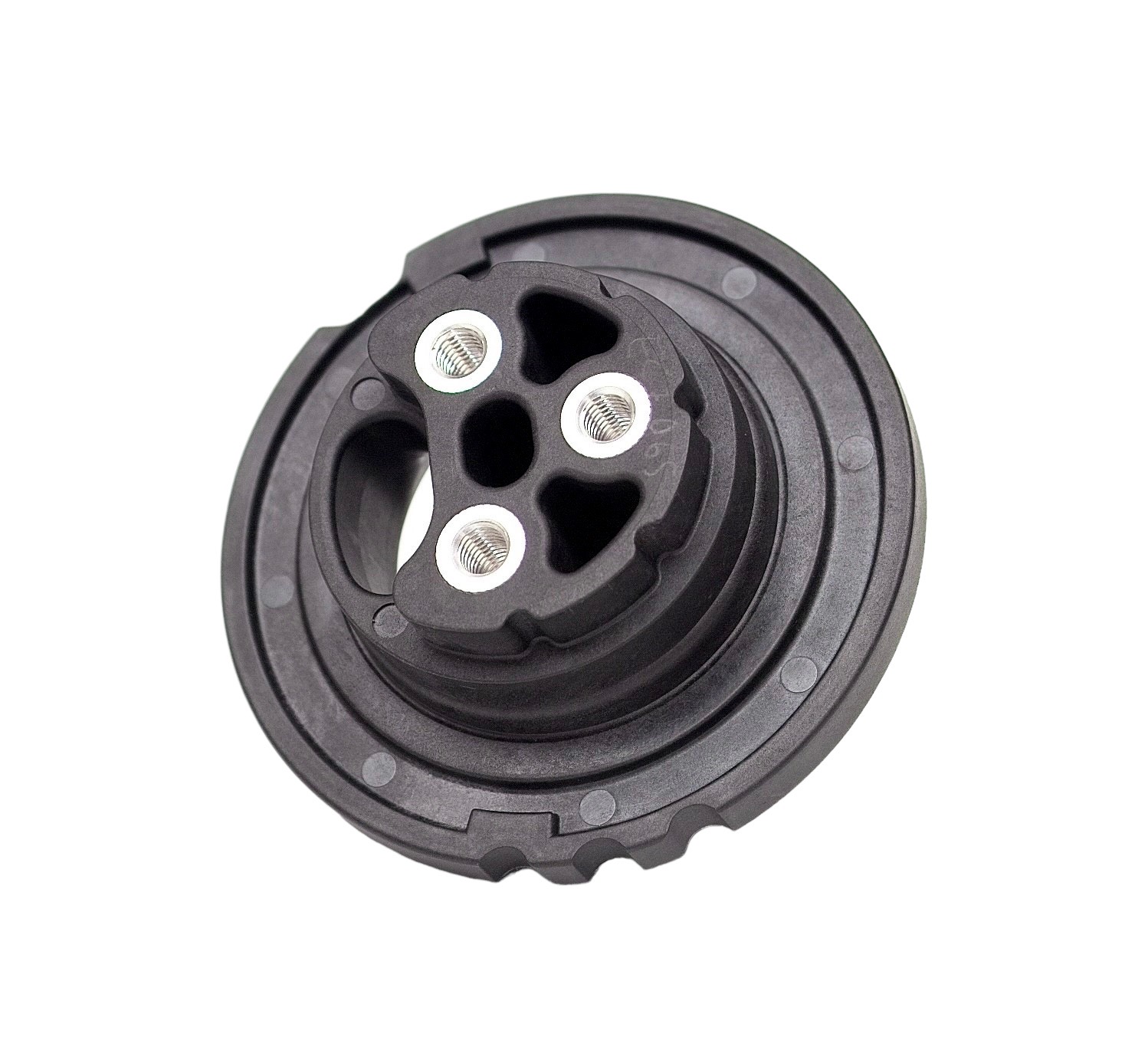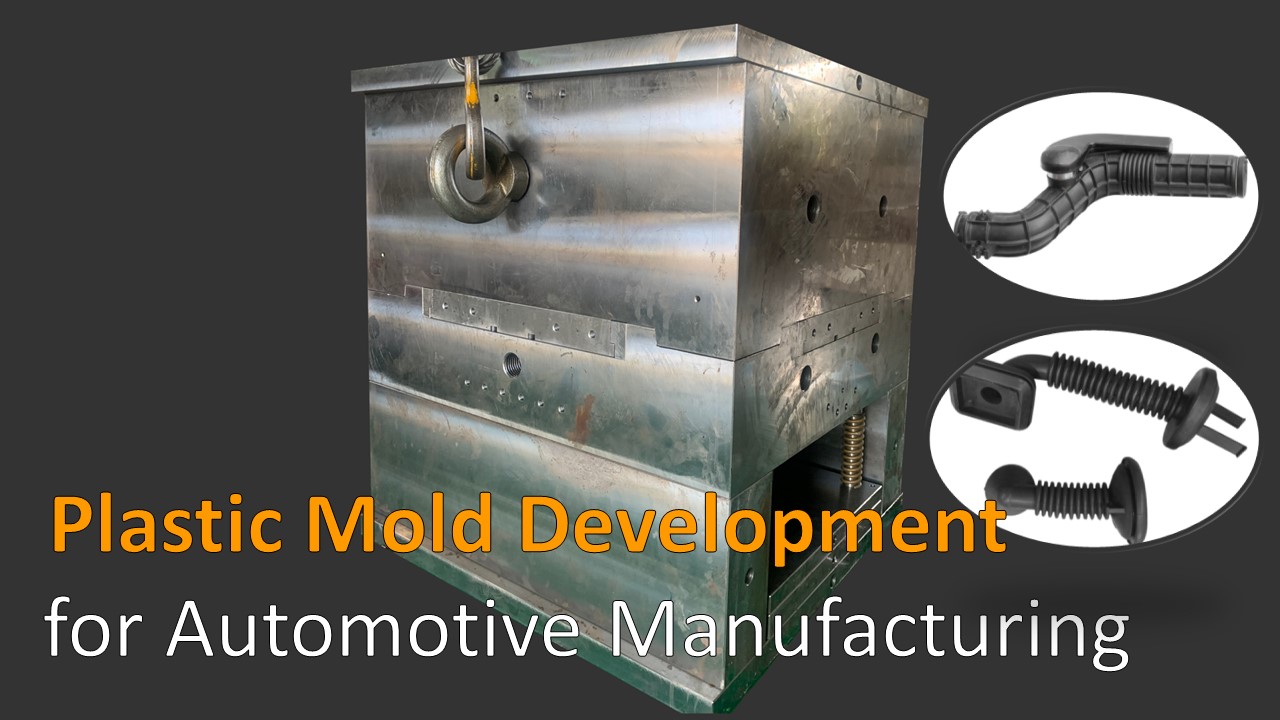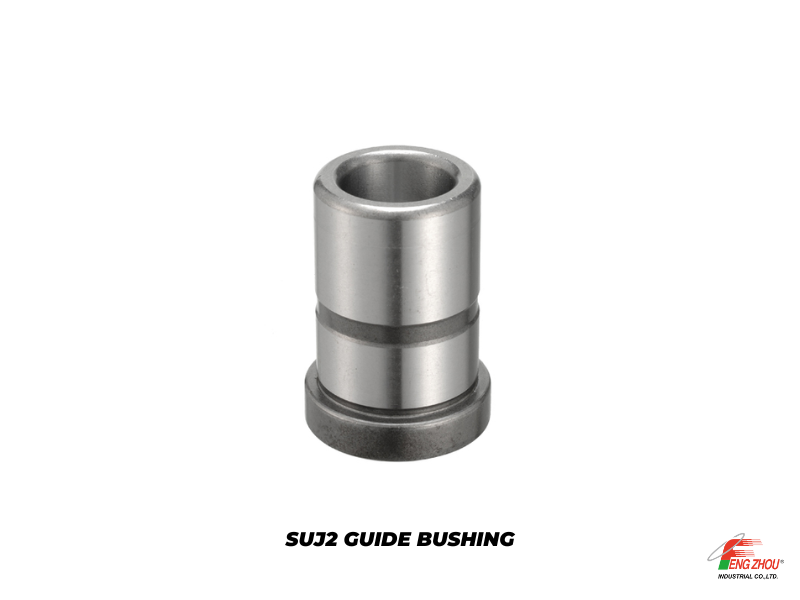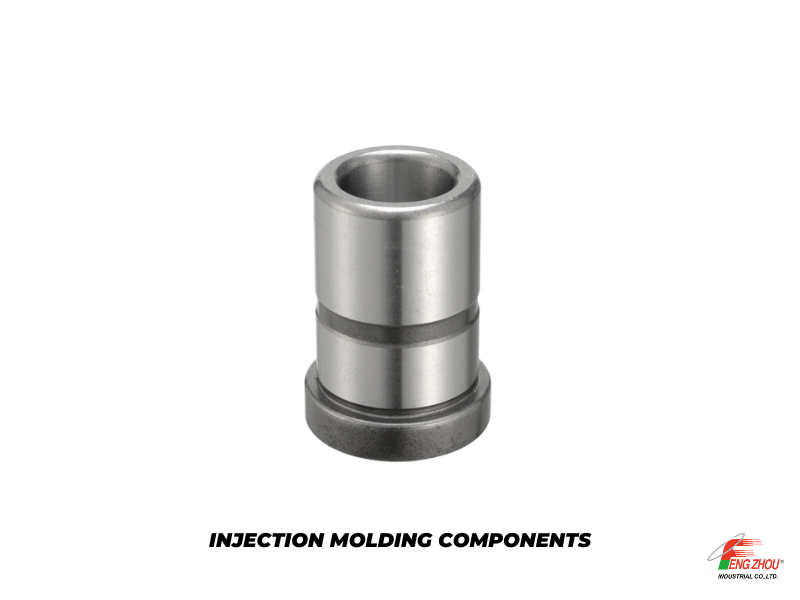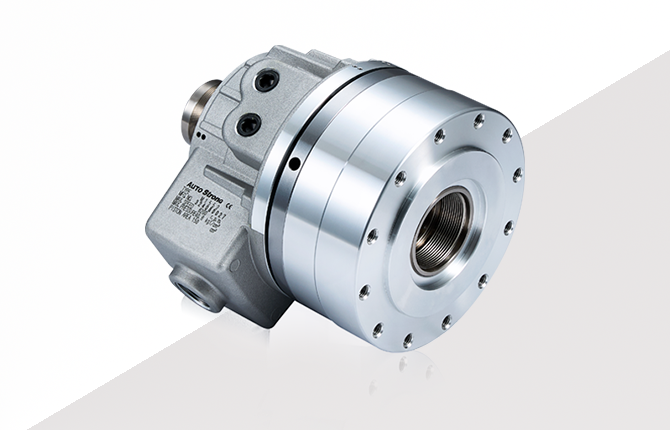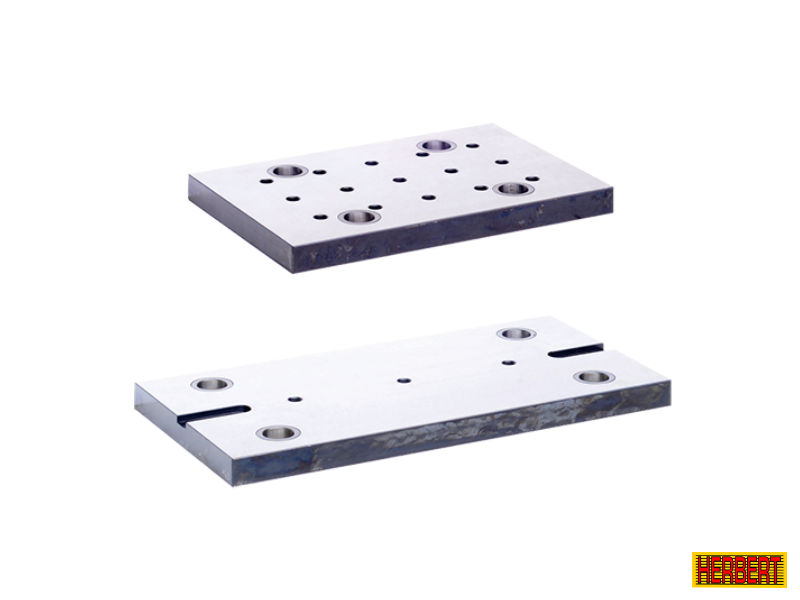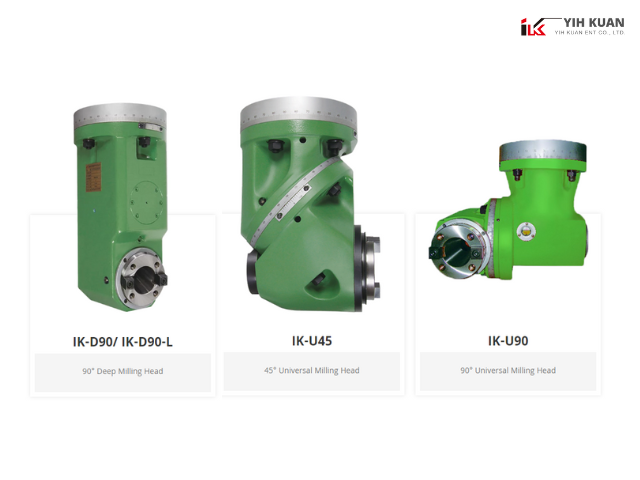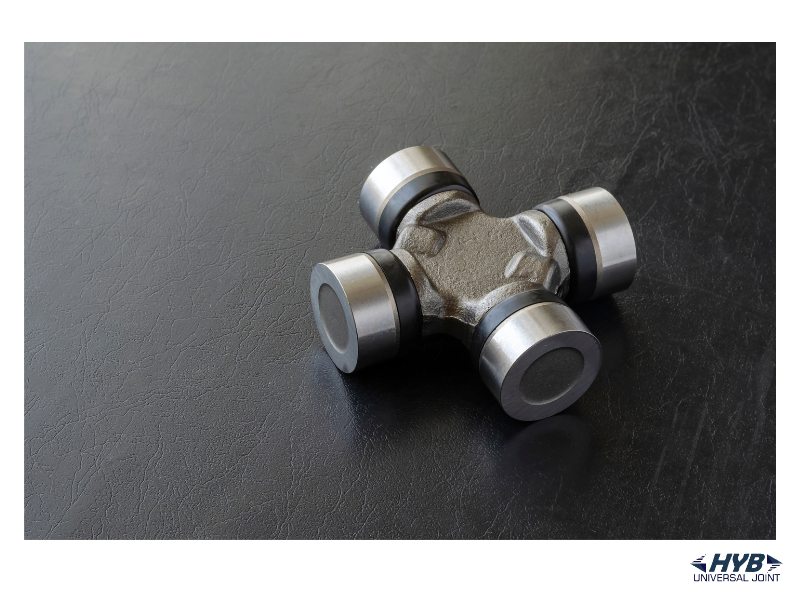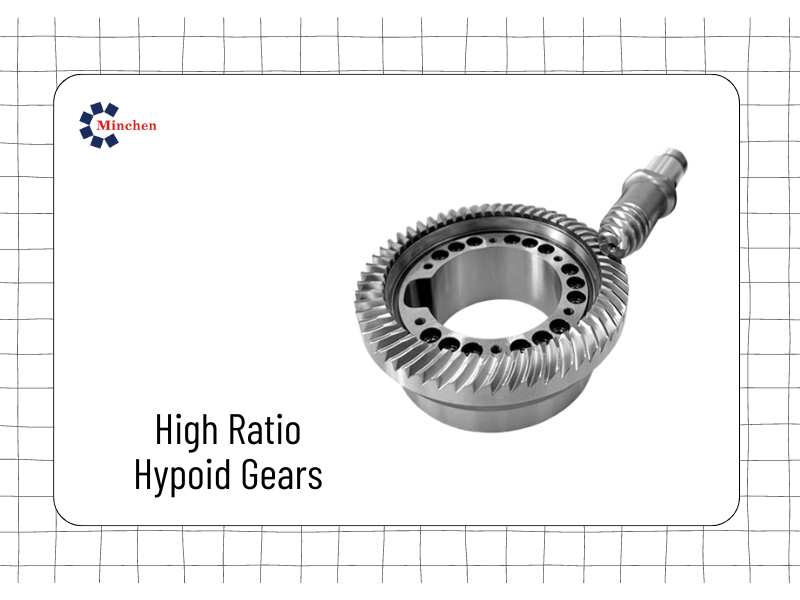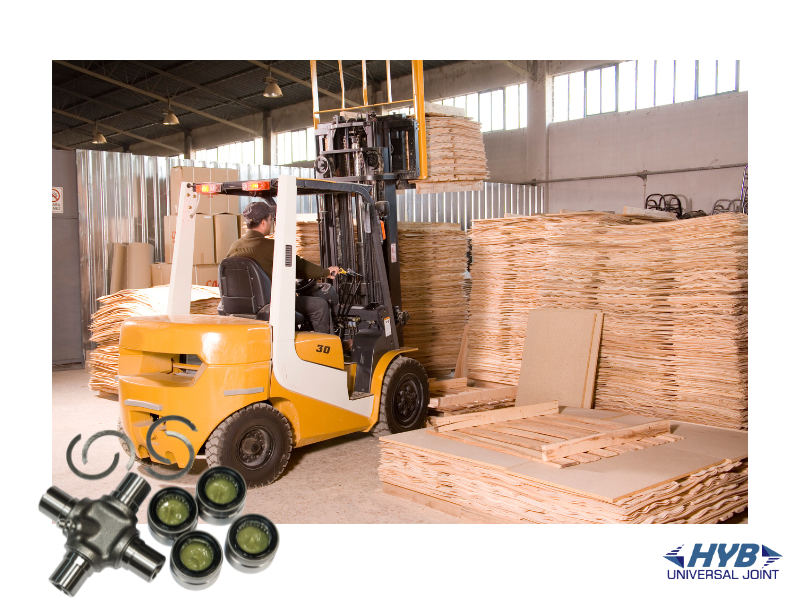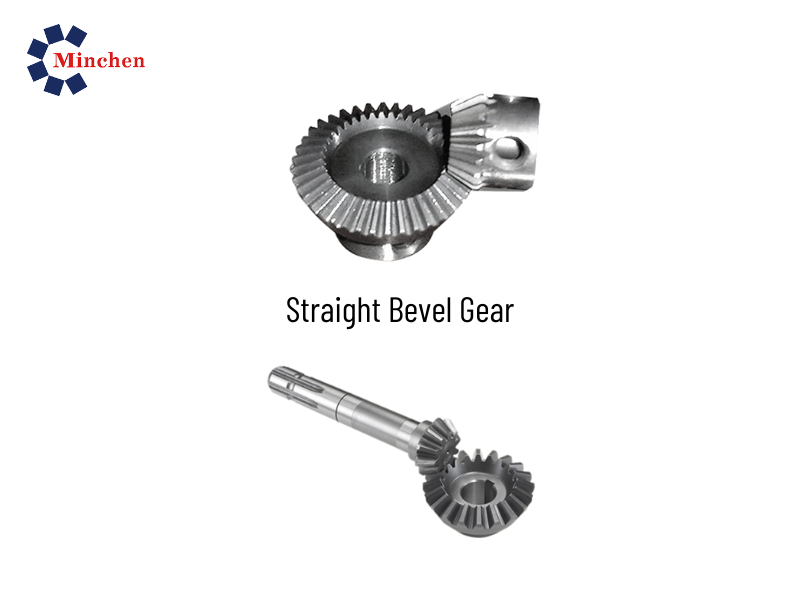Common Materials for Micro-Molding
2023-03-14Auto Parts From:MING-LI PRECISION STEEL MOLDS CO., LTD.
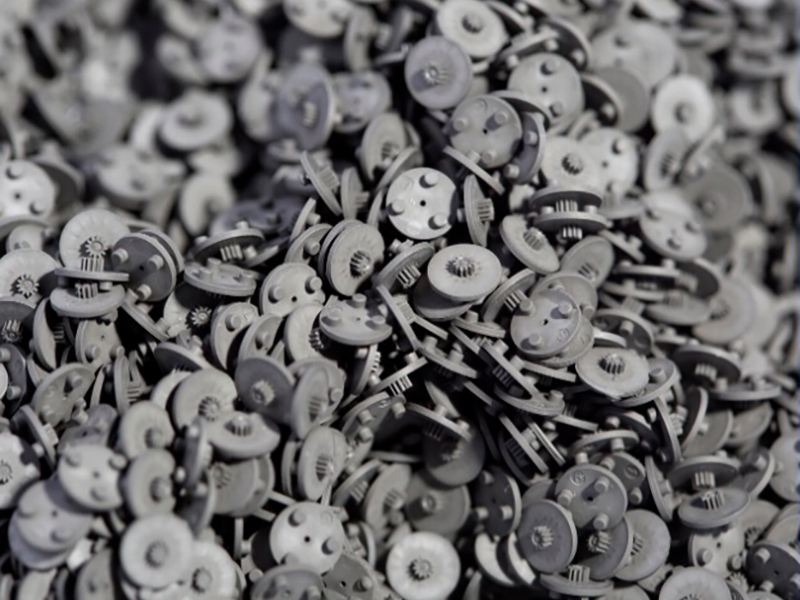
Common Materials for Micro-Molding
The following are a few of the common materials that are widely used for Micro-Molding:
Acrylic PMMA
Transparent components, including windows, view screens, and other lighting equipment, are made from acrylic PMMA. Due to its great tensile strength and ability to withstand weather and scratches, it is frequently used as a substitute for glass. It readily accepts dyes and colorants, allowing you to create a variety of beautiful effects.
Acrylic has optical and clear qualities in addition to being tasteless, odorless, and free of Bisphenol A (BPA). Plastic injection molding resins like acrylic are thought to be safe for food preservation because BPA is a dangerous chemical molecule.
Nylon Polyamide (PA)
Strong mechanical components like bushings, gears, and bearings are frequently made from nylon. It is widely used in automotive applications because, in addition to being durable, it also contributes to weight reduction and cheaper production costs when compared to a metal analog.
Despite being a sturdy plastic, you should be mindful that it has the propensity to absorb water. Regarding marine applications, it is not the best option. Another name for nylon is Polyamide (PA), which is its chemical symbol.
Polycarbonate (PC)
Another transparent micro-molding material with good optical characteristics and high durability is polycarbonate. This amorphous thermoplastic material provides predictable and homogeneous mold shrinkage, allowing for exact dimensional control. When we require a material that is significantly stronger than acrylic, we choose polycarbonate.
Be careful that if you're producing optically clear plastic components, the mold tool must be thoroughly polished, necessitating the use of more expensive, higher-grade stainless steel. You can now see that the right mold tool material can also be significantly influenced by the plastic resin you choose.
Polystyrene (PS)
High-Impact Polystyrene (HIPS) and General Purpose Polystyrene are the two varieties of polystyrene that are frequently used in micro-molding resins. HIPS is opaque, but GPPS is transparent. High Impact Polystyrene is also used to create tough casings for toolboxes and the bodies of power tools.
There is a tradeoff to be aware of, as there often is with many things. PS is strong and long-lasting, on the one hand. In the field, it can withstand a lot of punishment. However, that also implies that it is not very eco-friendly.
Polyoxymethylene (POM)
A form of acetal resin called polyoxymethylene (POM) is used to create mechanical and vehicle parts that would typically be made of metal. This thermoplastic engineering material is incredibly rigid, durable, and strong.
It is frequently used to make ball bearings, fasteners, knife handles, and gears. Hydrochloric acid and nitric acid shouldn't be subjected to POM even though it has high resistance to solvents such as alcohols, gasoline, detergents, and motor oils.
Polypropylene (PP)
Since it prevents chemicals from interacting with food goods, this thermoplastic micro-molding material is widely employed in the food storage and packaging sector. Polypropylene (PP) has good resilience to chemicals and moisture and may be washed in hot water without degrading.
PP offers exceptional toughness, flexibility, and impact resistance. Designers should also be aware that PP is simple to recycle and may be utilized to create flexible living hinges that can be bent repeatedly without ripping.
Acrylonitrile Butadiene Styrene (ABS)
Engineering-grade plastic ABS resin is an opaque thermoplastic polymer. The use of ABS has a lot of benefits. It is sturdy, withstands impacts and scratches, has good dimensional stability, and is challenging to break. Additionally, because of the low melting point, molding is simple.
Electronic components like phone adapters, keyboard keys, and plastic wall socket guards are frequently made using them. Why is that so? Since ABS is a good insulator, it won't conduct electricity and won't release odors when exposed to fire. These are crucial factors to take into account when creating electrical device products.
Polyethylene (PE)
High chemical resistance, flexibility, and electrical insulating qualities are all characteristics of polyethylene (PE), a lightweight thermoplastic molding material. It's not particularly durable or hard, but it's cheap.
It can be found in garbage cans, plastic bags, milk bottles, pharmaceutical and detergent bottles, and consumer plastic parts anywhere. Since PE is non-toxic and resilient enough to take a battering without complaining, it is also the most popular injection molding plastic for producing toys.
Thermoplastic Rubber (TPR)
In the micro-molding process, thermoplastic rubber (TPR) resin is used, which is a mixture of rubber and plastic. The material is chemically and weather-resistant, as well as highly impact-resistant. It is used in a wide range of fluid dispensers, flexible hoses, and catheters, as well as other places that contain different liquids, such as acid.
Headphone cables, suspension bushings, and medical catheters are all made from this recyclable material. Thermoplastic rubber is also known as a thermoplastic elastomer (TPE).
Thermoplastic Polyurethane (TPU)
Thermoplastic Polyurethane (TPU) has excellent tensile and tear strength while being soft and elastic. It is therefore frequently utilized to create components that require flexibility akin to rubber.
You should be aware that TPU is more expensive than other resins, yet there is no replacement for many applications, such as protective wire and cable sheaths. TPU also makes it easier for objects that need to be grasped firmly in the hand to grip.
Epilogue
We hope that this quick overview has given you a better understanding of some of the most popular micro-molding materials, as well as their characteristics and uses. To meet the specific requirements of your project, MING-LI can work with you to change all of these materials using lubricants, glass fibers, and UV stabilizers.
Ming-Li provides customized micro-molding services for customers. Contact us for more information.
